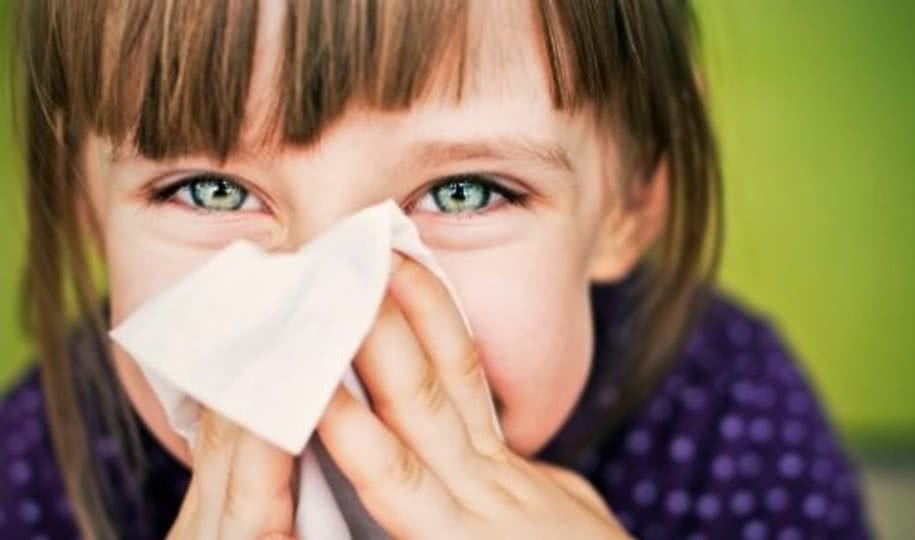
Symptoms, causes, prevention, and care
![]()
Coughing is a natural and healthy way to help your body clear the airways in your lungs. A chesty cough (also known as a productive or wet cough) is a reflex your body uses to clear excess phlegm from the airways in your lungs or throat.
Both coughing and the production of phlegm is a common symptom of a chesty cough. Phlegm produced when you cough can vary in colour from clear or white, to green and yellow.
Other chesty cough symptoms can be:
Make sure you visit your doctor if you’re concerned about symptoms, such as coughing up green, yellow or bloodstained phlegm. Young children and the elderly should also always visit the doctor to get their chesty cough assessed.
*not associated with the heart
A chesty cough is caused by excess phlegm that has built up in the airways of your lungs. Phlegm is produced in your lungs to trap dirt and bacteria and help fight infection, but excess phlegm can build up in response to an underlying issue like a viral illness, such as a cold.
Phlegm is mucus that is made up mostly of water and small amounts of proteins (including antibodies), salt and other substances. Mucus produces strands of a sticky, elastic gel that forms a protective, physical barrier in your body from harmful bacteria, irritants or allergens.
While you may not be able to prevent getting a chesty cough, there are a few ways you can help phlegm from building up further in your lungs and prolonging your recovery time.
You may consider breathing in humidified, warm air by inhaling steam from a pan of boiling water or having a warm shower to help clear your airways and lungs. If you’re experiencing pain or discomfort in your chest, placing a hot pack on your chest may provide relief.
To reduce your risk for catching colds, if you come into contact with someone who has a cold, make sure you wash your hands.
Even though swallowing small amounts of phlegm when you cough doesn’t cause you any harm, to help clear your lungs chesty coughs are best treated when the excess phlegm is coughed out of your body into a disposable tissue.
Drinking plenty of fluids, such as water and non-alcoholic fluids, can help loosen and thin the phlegm in your lungs. If you find drinking fluids doesn’t help, you may try a cough medicine that can relieve a wet cough (not one that suppresses a cough). Make sure you always check with your doctor before taking any cough medicine.
Antibiotics may be unhelpful for your recovery or to reduce the amount of phlegm produced, unless the cause of your cough is due to a bacterial infection. However, if your mucus is yellow, green, pink, or rust-coloured or you are concerned about your cough you should consult your healthcare professional.
Having a cough is one of the most common reasons to visit the doctor in Australia.
With so many different types of coughs that can indicate underlying conditions, it’s interesting to hear doctors often listen to the sound of your cough to help make a diagnosis.
References available upon request.